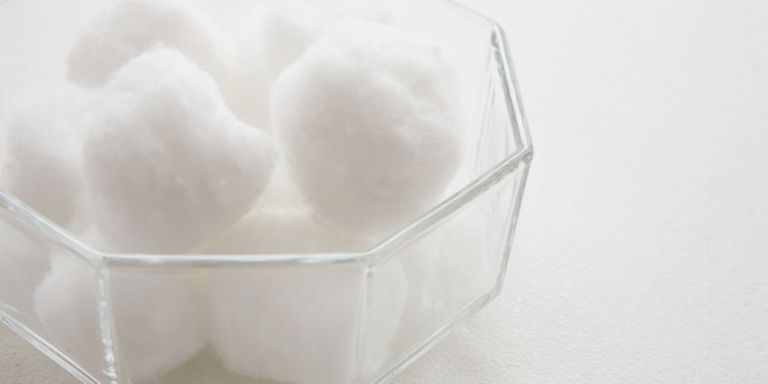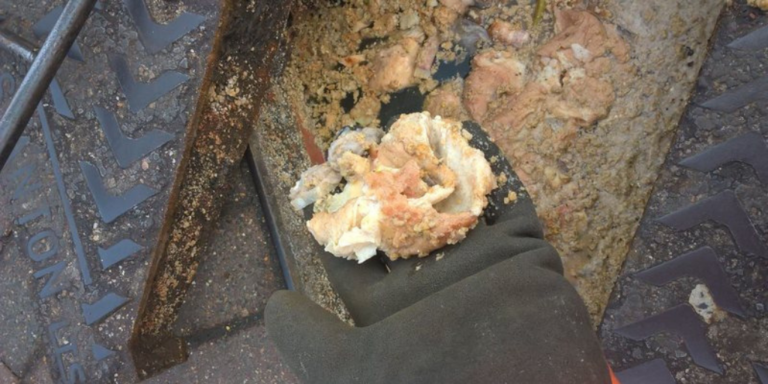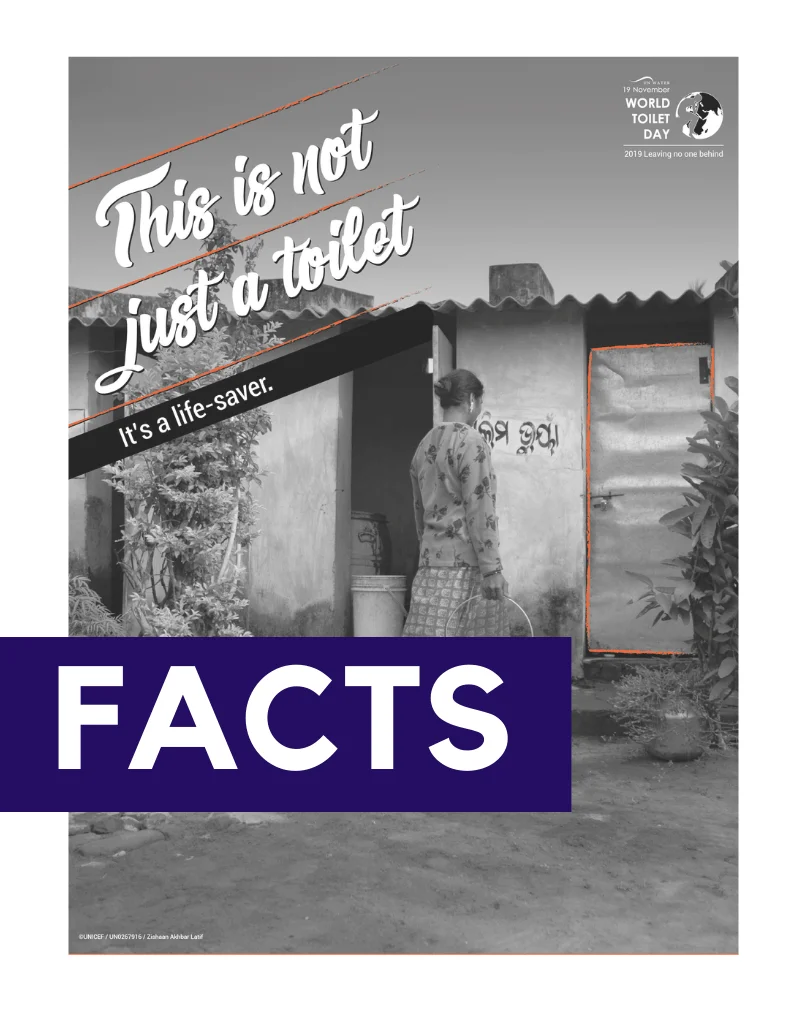Why do I have blocked drains?
As your local experts in unblocking drains, we visit both domestic and commercial properties across the West Yorkshire including Leeds, Wakefield, Bradford, Huddersfield and surrounding areas. Attending many properties, we come across the same old "usual suspects".
Are you finding that you frequently get block drains?
Get in touch with Metro Rod Bradford & Huddersfield or Leeds & Wakefield.
Blocked drains can happen from time to time and when they do it can be rather costly. There are ways that you can help prevent the need to call us to unblock drains.
Here are the top 10 things that will cause blocked drains:
-
- F.O.G (Fats, oils and grease).
Fatbergs: A large lump or mass consisting chiefly of cooking fat which has congealed and hardened after being poured down a domestic drain; (now esp.) a very large mass of solid or compacted waste found blocking a sewage system. (OED Online, 2019). As reported by The Guardian, a Fatberg was found earlier this year, reported to be 64-metres long! It will have been a tough job to tackle and unblock.
https://youtu.be/ZFU_OxkBr04
64-metre ‘fatberg’ discovered in English seaside resort (The Guardian News, 2019).Often the F.O.G doesn't make it to the sewers and sticks to the sides of your drains at home. This builds up until it finally causes a blockage with other foreign objects down the drain. You should always make sure when cleaning your greasy pans and plates that as much as possible can be scraped out before being washed up whether it's in the sink or dishwasher. Check out the FREE Gunk Pot that Yorkshire water is providing homes in Yorkshire.
- F.O.G (Fats, oils and grease).
-
- Wet Wipes.
Research by WRC has shown that over 75% of all blocked drains is made up of wet wipes. Similarly, most emergency call-outs to a sewage pumping station are because a sewage pump has become jammed due to wet wipes. After BBC investigated last year and found that there were no wet wipes that were sold as flushable in the UK that had yet managed to pass the water industry’s disintegration tests, the 'Fine to Flush' standard has come to light. WRC has long been at the forefront of research into wet wipes and their impact on water networks and is proud to be the designated testing facility for all products wishing to gain ‘Fine to Flush’ certification. Wet wipes get caught and stick to the sides of your drains and collect more wipes and F.O.G creating fatbergs and blocked drains.
- Wet Wipes.
-
- Cotton buds, wool and pads.
Cotton wool should only be placed in your rubbish bin, it is neither flushable or recyclable. Cotton wool expands when in water and therefore causes blocked drains if flushed. Cotton buds are small enough to get into every nook and cranny and are therefore not easily dislodged.

- Cotton buds, wool and pads.
-
- Sanitary Items and Nappies
Similar to cotton wool, sanitary items and nappies expand when in contact with water. The job of such items is to absorb liquids. If they are flushed they can get caught and stick to your pipes and build up with wipes and FOG to create a very expensive blockage. Such items are also made from plastic which harms our environment. Our water is polluted and flushing such items is why.
- Sanitary Items and Nappies
-
- Hair may be small but it can block your drains.
Hair seems like a fine item that wouldn't do much harm however we are unaware of the amount of hair that comes off our bodies when in the shower and bath. When you add hair to soap and shampoo etc this creates a gloopy hair filled lump. Sometimes, you're able to get this out of the plughole but sometimes it can travel further down the drain to a point you're not able to reach. Hair catchers are a thing! Check out the FREE Hair Catcher that Yorkshire water is providing homes in Yorkshire.
- Hair may be small but it can block your drains.
-
- Food waste and scraps.
Earlier this year Anglian Water released an image of Yorkshire puddings causing blocked drains. Crazy? We know, who would want to do such a thing? It doesn't take much food to block a drain. Most foods are porous - especially those carbs. They can soak up a lot of water, expanding and block your drains. Be extra careful when scraping food waste, t0 try and get as much as possible in the bin.

The Yorkshire pudding blockage found in a sewer in Suffolk (Picture: Anglian Water).
- Food waste and scraps.
-
- Bath bombs and salts.
That might sound silly. Bath bombs and salts are supposed to dissolve in your bath right? Well, the majority does but not completely. When you use bath bombs and salts, sometimes you can see small clubs floating around. When you drain your bath these clumps go down the drain and like most other things on the list, the build-up with other foreign objects creating a blockage. Maybe stick to bubble bath as is this already in liquid form?
- Bath bombs and salts.
-
-
- Soaps can lead to blocked drains.
When we say soap can block drains, you may automatically think we mean the last sliver of a bar of soap however, liquid soaps can be the bigger culprit of blocked drains. With a bar of soap, you usually use just the amount you need but with liquid soaps, it's easy to squirt out too much or drop it before managing to use it. When this happens, soap on its own won't cause much damage however, joined with hair and wipes this can cause a sticky blockage in your drains.
- Soaps can lead to blocked drains.
- Expensive toilet paper can potentially block your drains.
Thick 4-ply toilet paper with the pretty images look cute but they're not as cute as you think. Using 4-ply toilet paper means your putting twice the amount you usually would need to. 4-ply paper may sound like a good idea but a lot of people aren't aware of the amount they're using meaning a lot more paper down the toilet which may cause blocked drains.
-
-
- Coffee can cause blocked drains.
We all love a good coffee in the morning, especially freshly ground coffee but the nuisance of cleaning a coffee pot, that's not as great. Trying to scoop out all the coffee from the bottom into the bin can seem time-consuming so a rinse becomes appealing. Over time coffee grounds can build up in drains and add to any other substance being flushed down the drain. If you use ground coffee rather than instant, using a spoon or kitchen roll to help, make sure you get all of your grounds into the bin and not the plughole.
- Coffee can cause blocked drains.
There are many other things that we could list above that could cause blocked drains. Blocked drains can cause leakages and floods so it's best to try and prevent any costly damage.
If you’d like more information on unblocking drains, and you’re in the Yorkshire area, visit the Metro Rod West Yorkshire page to get in touch with our friendly team.

Talk to your local Metro Rod specialist
We are always happy to arrange a free site assessment and no obligation quotations for any work you might need. Alternatively, you can call our emergency hotline number on 0800 66 88 00
Get in touch Drainage Services

